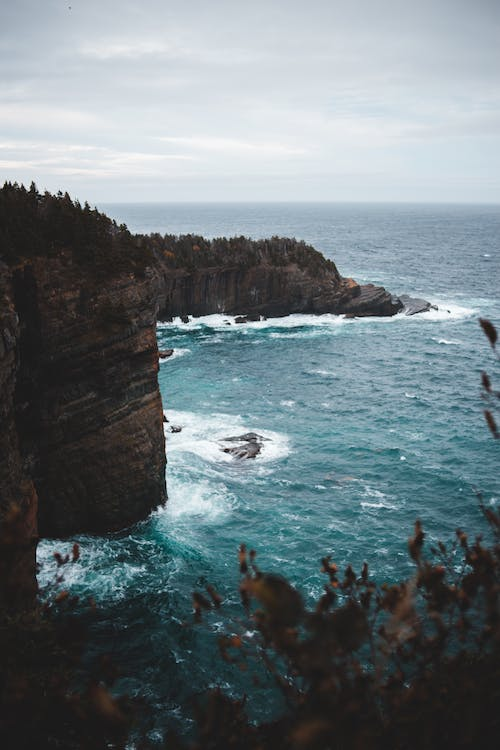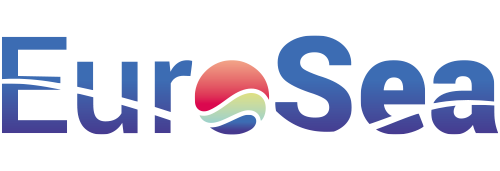
Description
Utilizing advanced modelling and simulation techniques, comprehensive simulated observations have been generated for a range of in-situ equipment (like CTD, ADCP, gliders, uCTD, drifters, etc.) and remote sensing tools (like nadir altimetry, wide-swath altimetry from SWOT). These simulated observations aim to mirror the characteristics and variability observed in real-world marine environments. Moreover, to promote open access and foster collaborative research, these simulation files will be made publicly available on the Zenodo platform.
Impact During the Project
Increased Accessibility and Open Research:
Traditional State: In the past, the availability of quality simulated datasets for in-situ and remote sensing observations was limited. Researchers often had to rely on proprietary or limited-access datasets, which hindered collaborative efforts and comparative studies.
Advancement: By sharing the simulated observation files on Zenodo, an open-access repository, the initiative champions the cause of open science. This means a broader range of scientists and researchers can access, utilize, and build upon this data, fostering more extensive collaboration and transparency in marine research.
Enhanced Realism in Simulations:
Traditional State: Earlier simulations might not have captured the full spectrum of variability and nuances found in real-world oceanic observations.
Advancement: The newly simulated observations, taking advantage of the latest modelling techniques, offer a closer approximation to real-world data, which can be invaluable for testing hypotheses, algorithms, and marine equipment in a controlled yet realistic environment.
Impact Post Project
Improved Research and Innovation:
Traditional State: Without realistic simulated datasets, the development and validation of new marine technologies or research methodologies were potentially slower and less accurate.
Advancement: With access to these high-fidelity simulated observations, researchers and technologists can more effectively test and refine their innovations, accelerating the pace of advancements in marine sciences and technologies.
Enriched Educational Resources:
Traditional State: Students and early-career researchers might have faced challenges accessing quality datasets for their studies and projects.
Advancement: The availability of these simulated observations on Zenodo can serve as a rich educational resource, aiding in the training and education of the next generation of oceanographers and marine scientists.
Advancement over and above State of the Art
The production and public sharing of simulated observations represent a significant step forward in marine science research and collaboration. Not only does it reflect the current push towards open science and data sharing, but it also showcases advancements in simulation fidelity and realism. By ensuring these high-quality simulated datasets are accessible to all, the initiative stands to accelerate research, foster collaboration, and pave the way for the next wave of innovations in marine sciences.
Links and References
Link to D8.12 – EuroSea Legacy Report: Due at the end of the project
